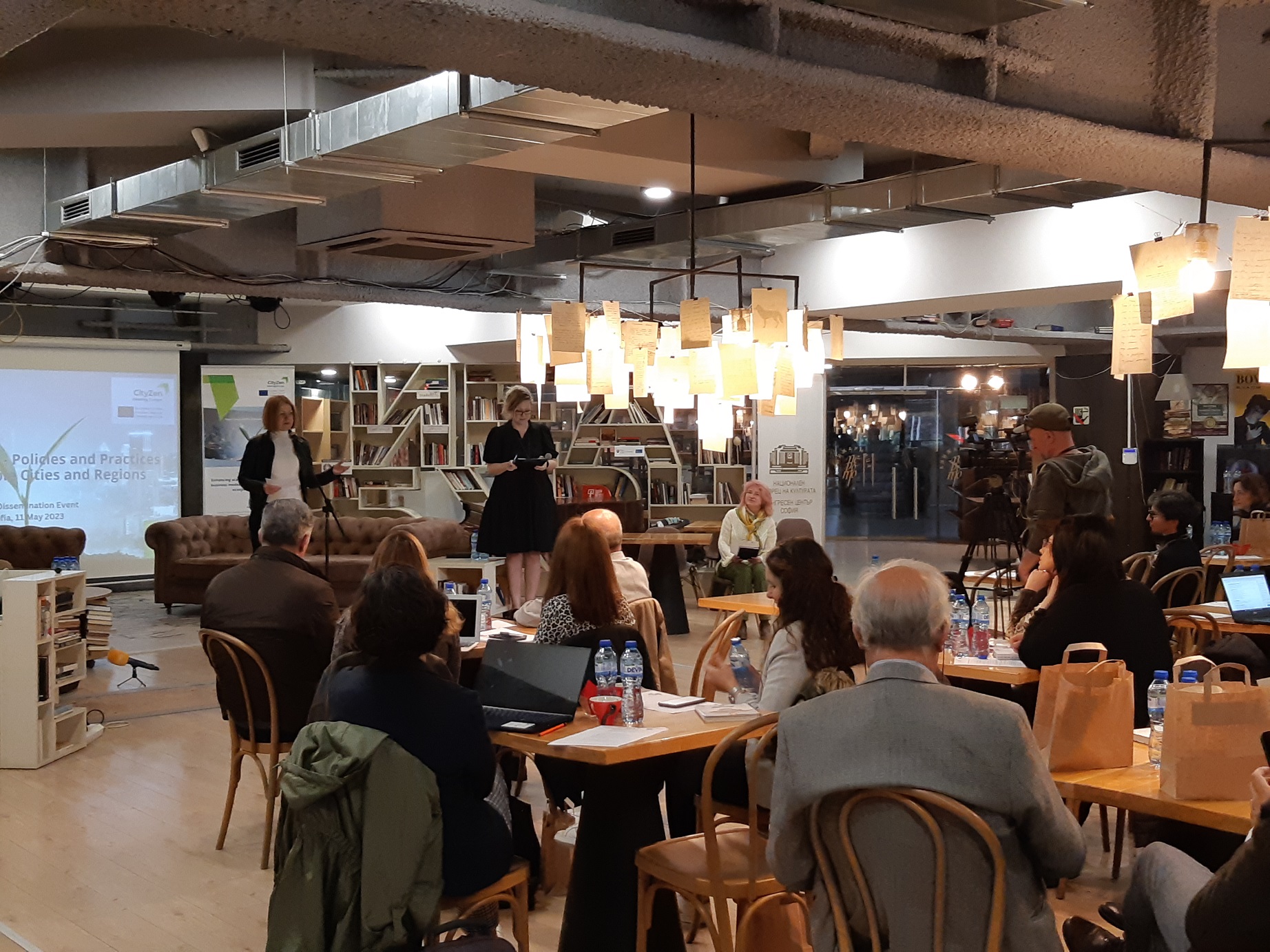
CityZen shares success in promoting urban farming
The CityZen Final dissemination event on "Urban Farming - Policies and Practices for Sustainable Cities and Regions" took place on 11-12 May 2023 in Sofia.
CityZen responds to the growing number of cities and regions that recognize the benefits of urban farming for living sustainably and improving revenues. It aims to promote urban farming as a successful driving force for economic and social transformation by introducing the concept to policy makers. Various regional policies on green innovation and resource efficiency, like food security, waste management, community development and adaptation to climate change, are to be improved by integrating urban farming models and practices.
CityZen will explore successful and new (business) values that urban farming brings to the ecosystem and link them to innovative entrepreneurship and supply chains. The creation of a knowledge pool of urban farming policies, initiatives and business processes is meant to support decision makers and leverage the efficiency of their actions. Showcasing how improved policies impact the five European partner regions, create entrepreneurship opportunities and drive business and social transformation is set a priority of the CityZen project.
€1,077,221.00
Environment and resource efficiency
CityZen’s main outputs spell out in 5 Action Plans for policy change in each region, a good practices ‘marketplace’, accelerators for policy makers, serious gaming by a JRC SES technique and compelling guidelines on how urban farming changes city landscapes. The partners represent public bodies, a think-tank and research center coming from Bulgaria, Greece, Portugal, Spain and Germany (for the concrete policy instruments and projects in each region, see below).
The project will scale up capacities in 5 regions and 10 municipalities, will adapt in practice 6 new models in business, marketing and food consumption and will mature 20 projects to foster interactions among local stakeholders.
OPIC provides support for Bulgarian (BG) enterprises in the field of innovation, entrepreneurship, improvement of production capacity of companies, energy and resource efficiency (RE). PA1 includes support for technological development and innovation at enterprises. It contributes directly to promotion of innovation activity of enterprises in the thematic areas identified in S3, which aims to foster Bulgaria’s transition from "modest" to "moderate" innovator by 2020 in the fields of environment, nation’s health, intellectual capital utilization, youth employment and brain drain.
One of the main procedures within the PA1 aims to support the Regional Innovation Centres (RIC) as modern research, innovation and expertise hubs for applied open-ended R&D activities in BG regions. The hubs will be part of the national innovation system and will focus on regional potentials in S3 and entrepreneurial discoveries. Healthy life and biotechnologies as one of the four S3 priorities for BG is set as priority area in all planning regions of the country. Bulgaria is lagging in “green markets” thus eco-innovation and new ways of sustaining green entrepreneurship create room for urban farming as innovation and business area for RIC.
Why is there a need for improvement?
Although Bulgaria has experts and traditions in the field of healthy life and food production (e.g. production of yogurt, honey, etheric oils, herbs, etc.) and the methods for clean production of such products have been defined as priority by its national S3, the public financing instruments rarely address this issue explicitly and there is low investment in human capital, R&D&I and emerging export-oriented industries.
Moreover, different policy instruments address green entrepreneurship and circular economy from different perspectives (environment, human resources, tourism, etc.), but the synergies between those instruments are rarely in the spotlight of governance attention. Support measures are needed to foster business opportunities based on eco-design of new products, services, business models, market niches and value chains connected with the food and environmental resources in cities and towns. There is also a tangible need of enhancing public instruments so as to better address the issue of eco-innovation, encourage “green” entrepreneurship in the regions outside Sofia and provide business opportunities especially to young people to remain in those regions.
Operational objectives include:
Monitoring of RIC procedure implementation will be set as ongoing, systematic information analyses that strengthen and enhance RIC projects performance. CityZen will help in identifying progress towards urban environmental/sustainability/socio-economic improvements, make connections between eco-design and innovation actions and outcomes in resource efficiency, green entrepreneurship and circular economy, and suggest improvements and added value in RIC activity. In addition, key regional data will be mapped to analyse and identify ‘below the radar’ indicators that highlight impacts and potential entrepreneurial discoveries.
Support to RIC projects at regional level will be carried out by screening CityZen good practices on urban farming that can give policy and innovation pull and opportunities for local collaborations, new business models and business endeavors towards better quality of life and resource management.
The urban environment of the Central Macedonian region is quite overwhelmed by exhaust gases, solid particles and noise and its cities lack in freely accessible public, green spaces. Furthermore, deindustrialization has left many abandoned industrial sites and overburdened soils, which are often a threat to public health.
That is why the social economy needs to be strengthened with more investments and innovation, and competences to adapt to climate change need to be developed and acquired. Ideally, the urban environment and microclimate is improved.
General objectives:
In light of increasing tourism GDP and its pressures on environment, infrastructures and people, there is a great need for resource efficiency and sustainable food production, food security and resilience.
The increasing influx of refugees, and the economic crisis have increased the need for better value for money food, and thus an increased need for new sustainably produced goods (local, gastronomical close to local culture).
On an organizational level, the efficiency of administration and the organization of local operations is to be increased, modernized and ensured. That also means the promotion of integrated urban governance and metropolitan synergies
The main reasons to improve the policy and with which measures, are:
A low use of innovative sustainable (mature) innovations (foster public-private collaborations); a low engagement of public and private stakeholders and citizens (develop new vision); and a weak intervention logic between strategy and implementation (showcasing good practices).
The Baixo Alentejo sub region is characterized by open plains, protected areas and intensive agriculture and forestry. Its main challenge is the increasing pressure on urban resources stemming from more people moving from rural areas to cities. Innovations that generate economic and social value from the sustained use of city resources are of key importance to ensure that Baixo Alentejo keeps the image of environmental and resource excellence.
A combination of efficient and smart practices, enhanced performance standards and structure of activities can contribute to the development of the local economy of natural resources. In this context, PEDBA policy instrument aims to promote the development of programs and initiatives in Baixo Alentejo sub region that raise awareness and capacities of the population to adopt more rational patterns of consumption / use of resources.
Its main challenge is to eliminate barriers on the processes, knowledge and innovation levels, which require the dissemination and diffusion of knowledge in order to stimulate the development and implementation of innovative solutions in the field of urban farming and resource efficiency. Therefore, the project aims to increase the effectiveness of knowledge transfers between innovators, territories and public administration. The aim is also to support and involve more regional actors (research centers, innovative companies) to co-create new initiatives in urban farming, screening and adopting good practices to the region context.
Furthermore, the monitoring system on the PEDBA activities will be improved by tracking the performances and impacts of new projects and support services to companies in the region in terms of urban sustainability. Affected stakeholders, and the managing authority CIMBAL (Baixo Alentejo Intermunicipality Community and Municipality of Beja) will provide feedback to the PEDBA action plan.
The aim of this policy instrument is to promote resource efficiency, restore the environment and develop productive green infrastructures (urban farming for integral maintenance and economic use of city resources and spaces). Its instruments include innovation, research and development in agriculture, livestock, food, bio-energy and forestry. So far, the priority of IP 6d has been to implement active restoration of construction and demolition illegal landfills. For 2020, the managing authority wants to take a new approach that focuses on creating new management and utilization models for those sites.
Natural Heritage Foundation (FPNCYL) will enhance IP 6d by integrating urban farming in cities in the region. The transformation of ex-landfill sites into productive urban landscapes can provide new business niches for the regional economy and further resource efficiency benefits.
The region Castilla y Leon is well positioned to develop the bio-economy model of Europe 2020, to research and reconcile food safety and the sustainable use of renewable resource, to open new markets and diversify food and bio-products. The research line priority includes food safety, traceability and quality plus the innovation in processes, products and services in the integrated agrifood supply chain. The sustainable supply chain implies that the activities from farm-to-fork meet the needs of the stakeholders in the food chain while protecting, sustaining and enhancing the human and natural resources that will be needed in the future.
Frankfurt-Rhine-Main is a growing metropolitan region with strong real estate markets and fierce competition in land use. Agricultural areas constitute over 37% of the region and more than 40% in the city of Frankfurt. Despite the fact that agriculture makes up less than 0.1% of the gross value added in the region, it plays an important role in providing environmental and social benefits e.g. maintaining landscapes and habitats, biodiversity, contributing to microclimate regulation, providing areas for recreational purposes and for growing niche products.
A key threat to urban agriculture is the land consumption for new building or transport infrastructure and farmers not putting much effort against those trends, due to financial profits by the high prices paid for their land. For this reason, resource efficiency and social values support on new land management and entrepreneurial approaches are key instruments to support the development of urban agriculture. So far the RhineMain Regionalpark Framework Concept (2012) lacks the systematic development of urban farming spaces for the provision of food, public goods and ecosystem service, which is why a supplementing Action Plan for ‘Urban Agriculture in the RhineMain Regionalpark’ (AP) is to be drawn up.
The aim of the AP is to improve the resource efficiency, ecosystem services, multifunctionality and preservation of green and cultural landscapes in conurbations by securing sustainable income opportunities for urban farmers. It also aims to better respond the growing demand of local community for regional products and the related expansion of purchasing and sales relationships.
The urban farming action plan will include priorities for future measures, projects, implementation strategies and potential financing instruments that complement the Framework Concept and Action Plan for the RhineMain Regionalpark.
Relevant aspects for CityZen are the growing demand for traditional production of herbs within the city boundaries for the local specialty of Green Sauce (Grüne Soße), and traditional orchards supplying apples for the production of Hessian apple wine (Äppler), which has a Protected Geographical Indication label.

The CityZen Final dissemination event on "Urban Farming - Policies and Practices for Sustainable Cities and Regions" took place on 11-12 May 2023 in Sofia.
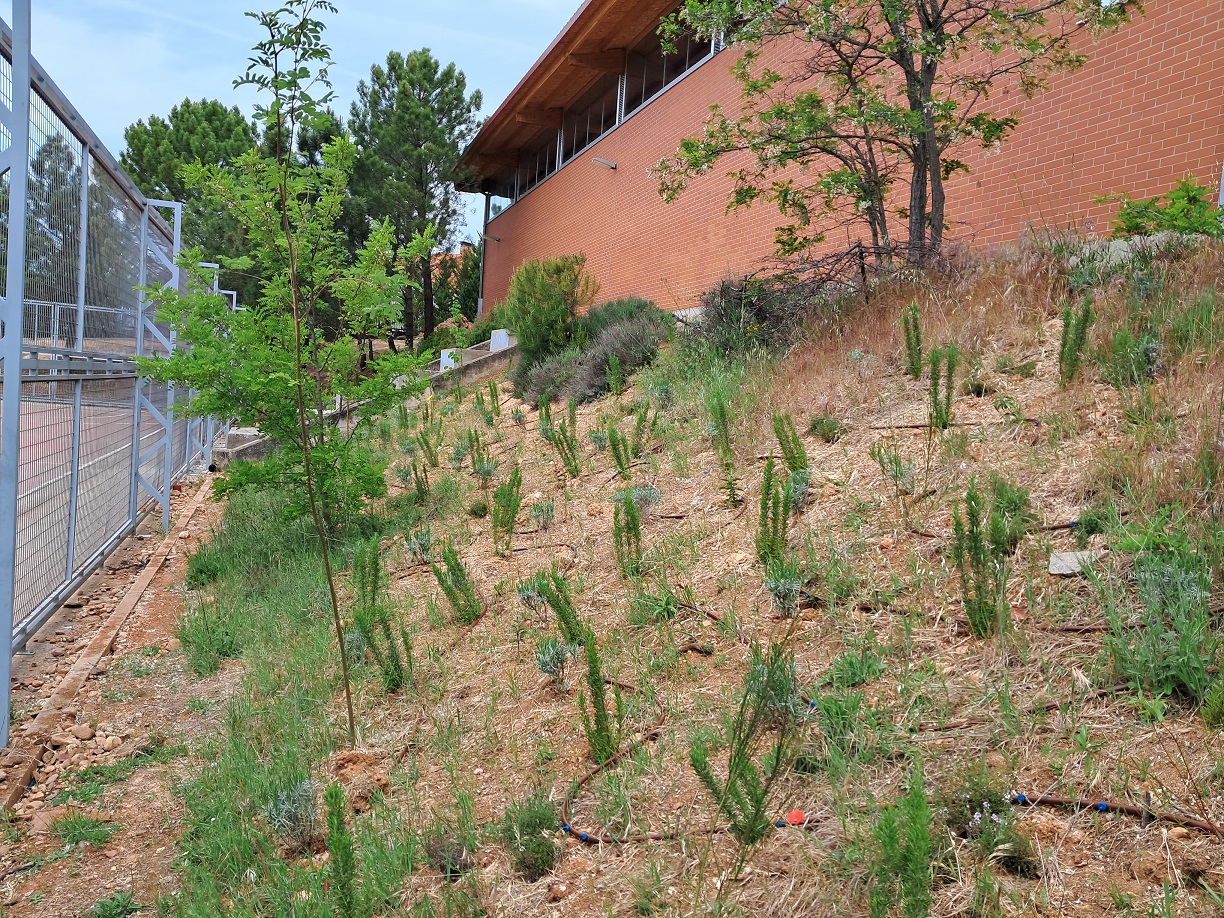
Promoting urban agriculture and nature-based solutions in schools in Castilla y Leon
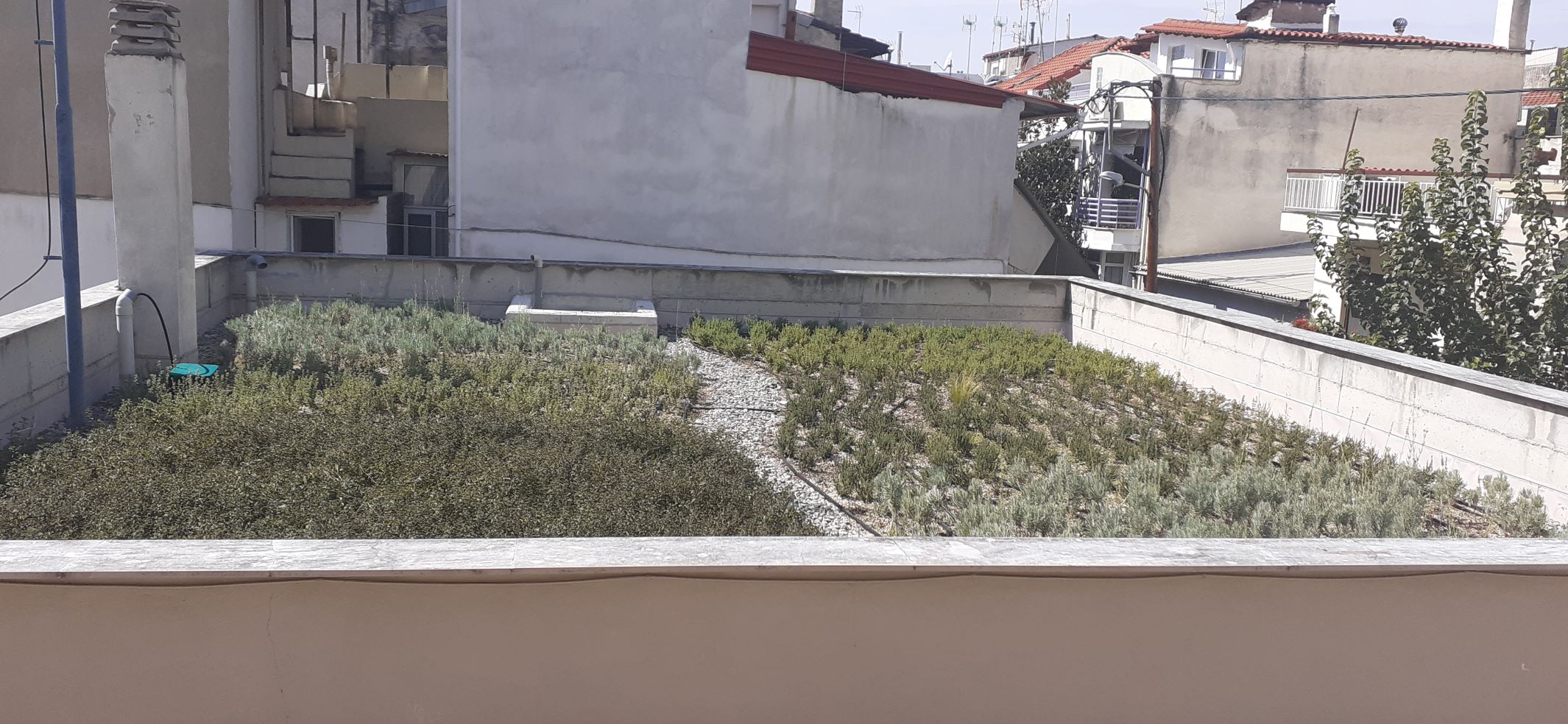
Municipality of Neapoli-Sykies implements and promotes green roofs
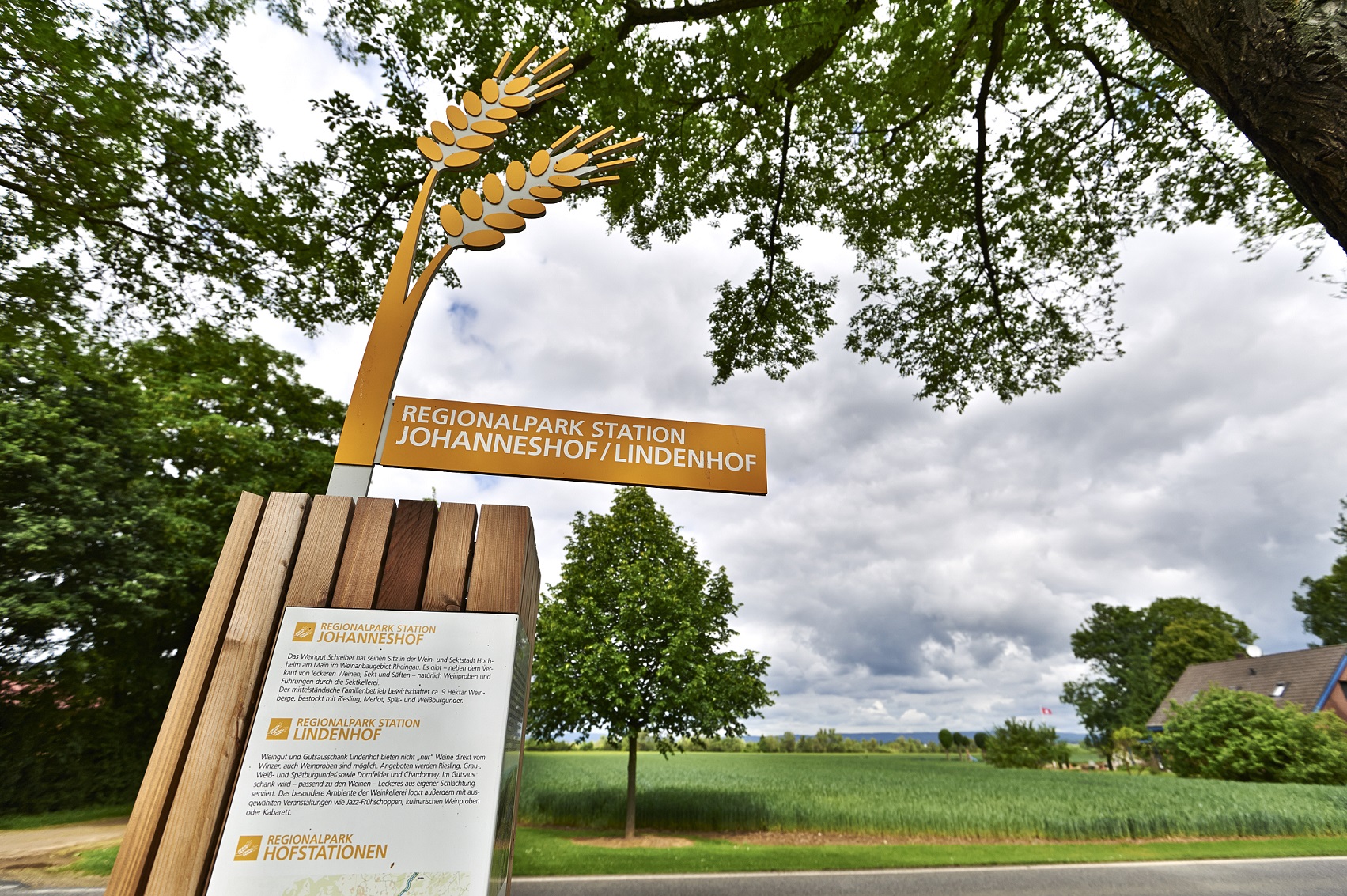
Regionalpark Rhine-Main strengthens urban agriculture and cultural landscape
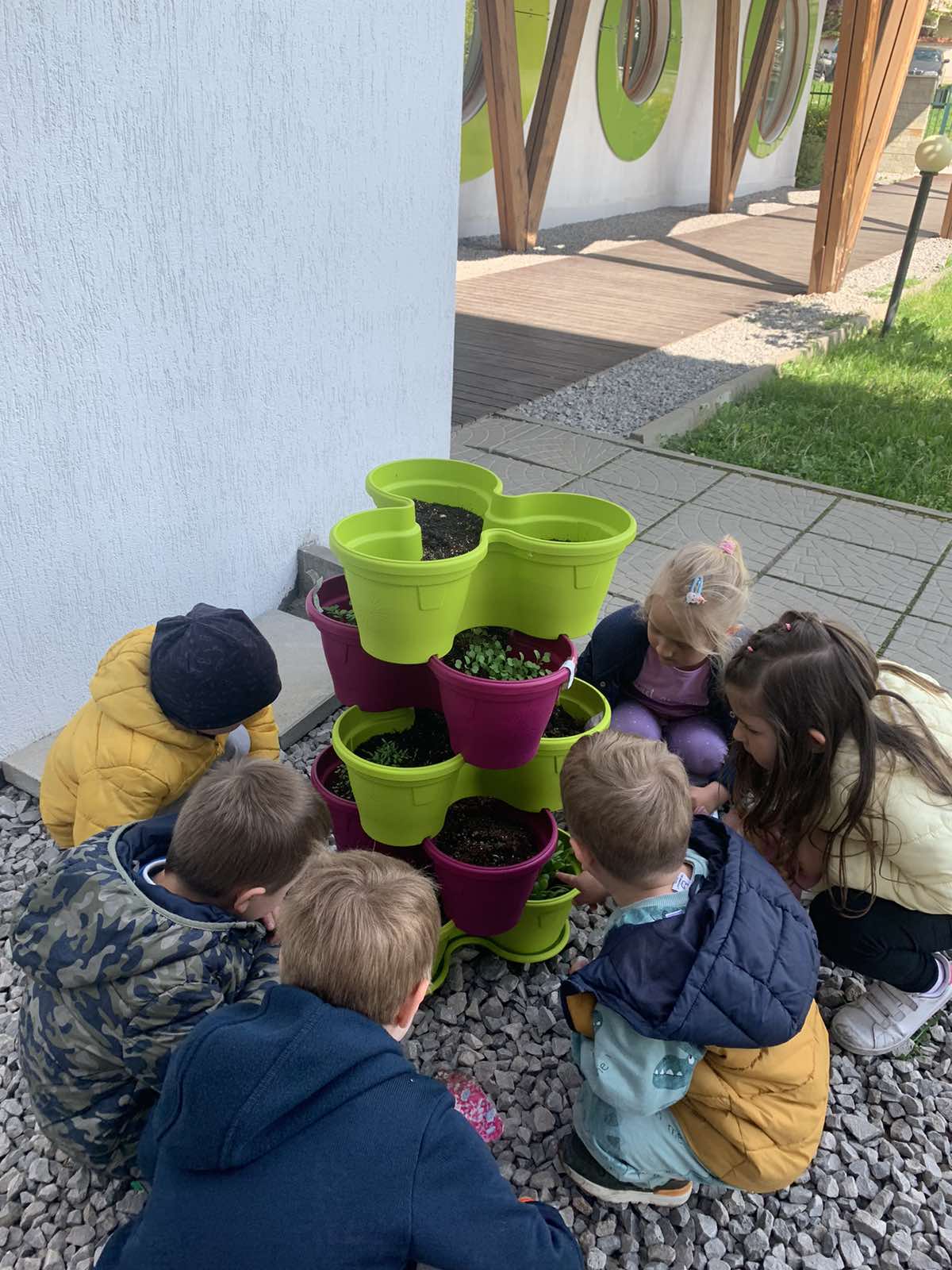
As part of the action plan's implementation, SOfiaGreen has financed vertical urban mini-gardens in schools and kindergartens.
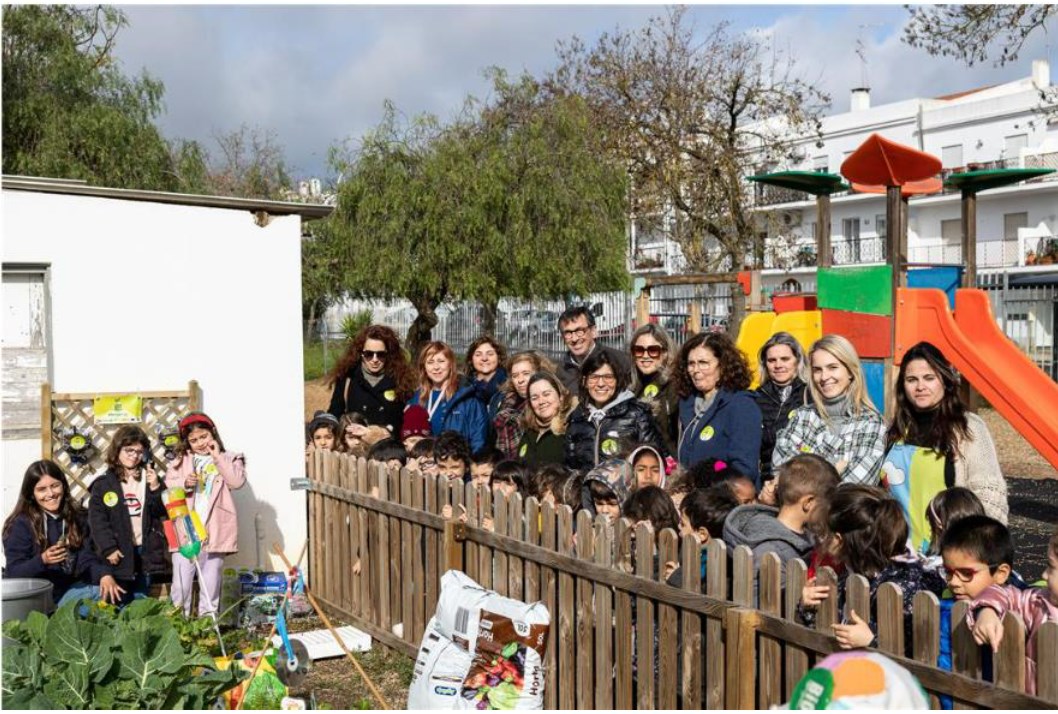
Following the transfer of experiences, ideas, knowledge and best practices of the partner regions, which were presented throughout the CityZen project, CIMBAL,
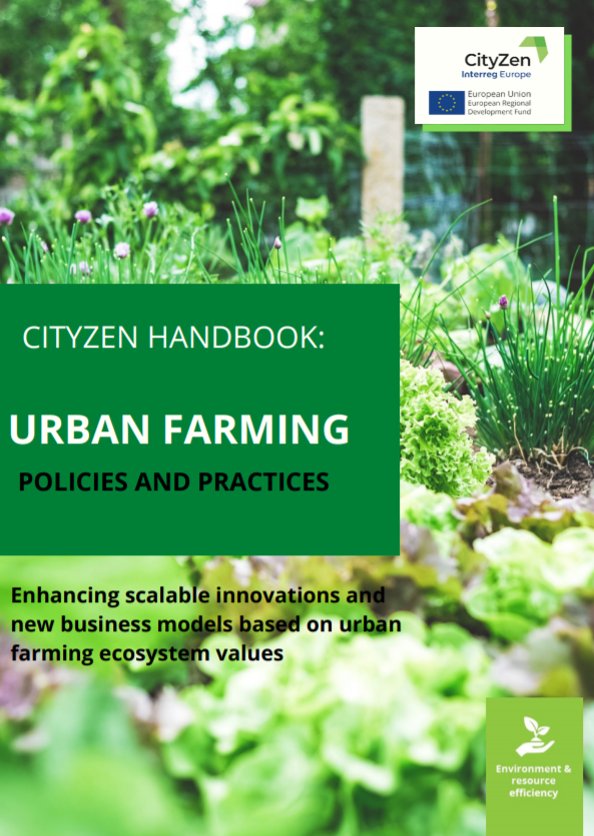
This is our CityZen e-Handbook where we share our Urban Farming experiences and lessons learnt on policies and practices.

Validated Action Plans to be implemented in Phase 2 by the CityZen partner regions
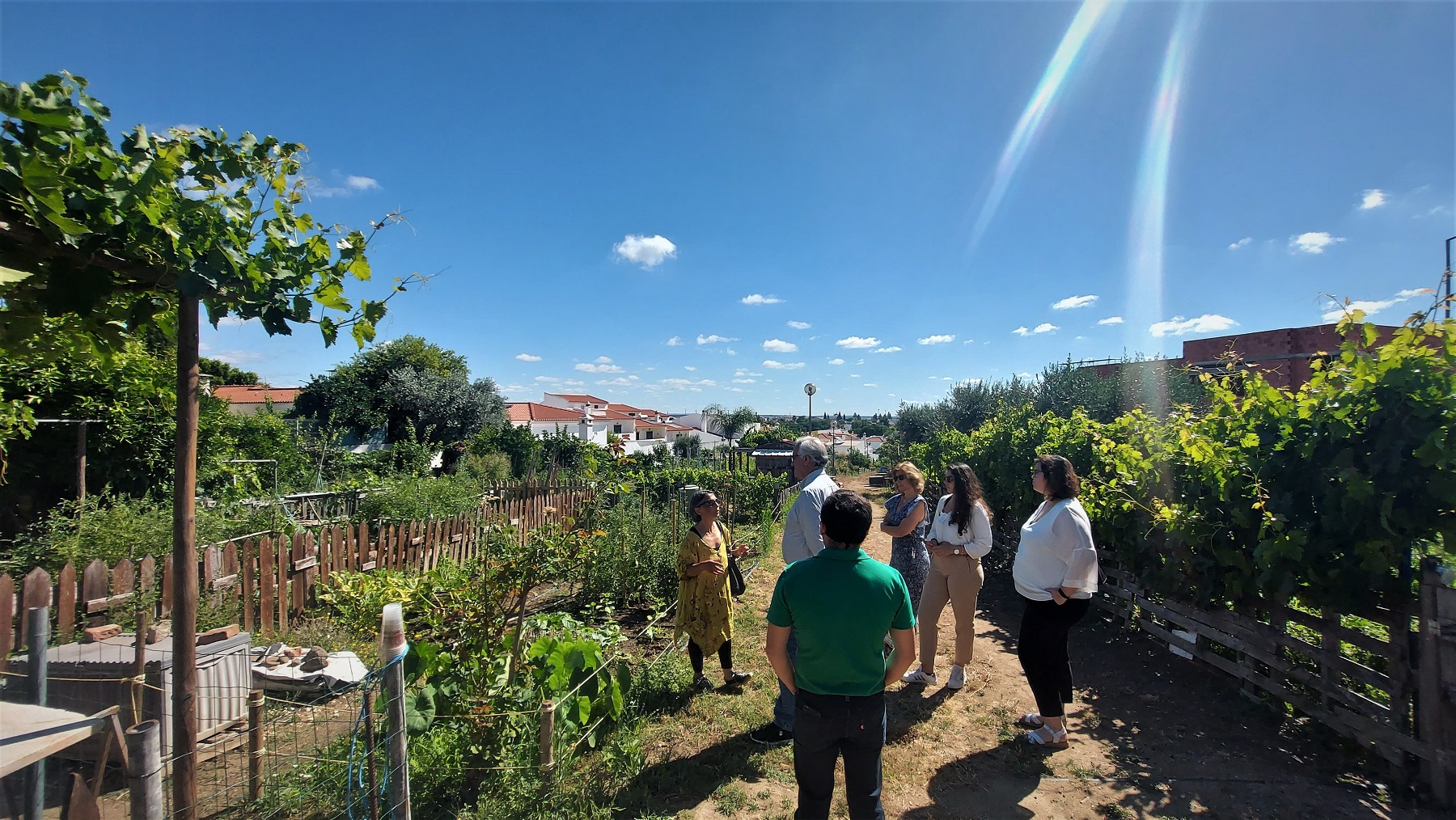
The Staff Exchange hosted in Beja and Mertola took place on 23-25 June 2022
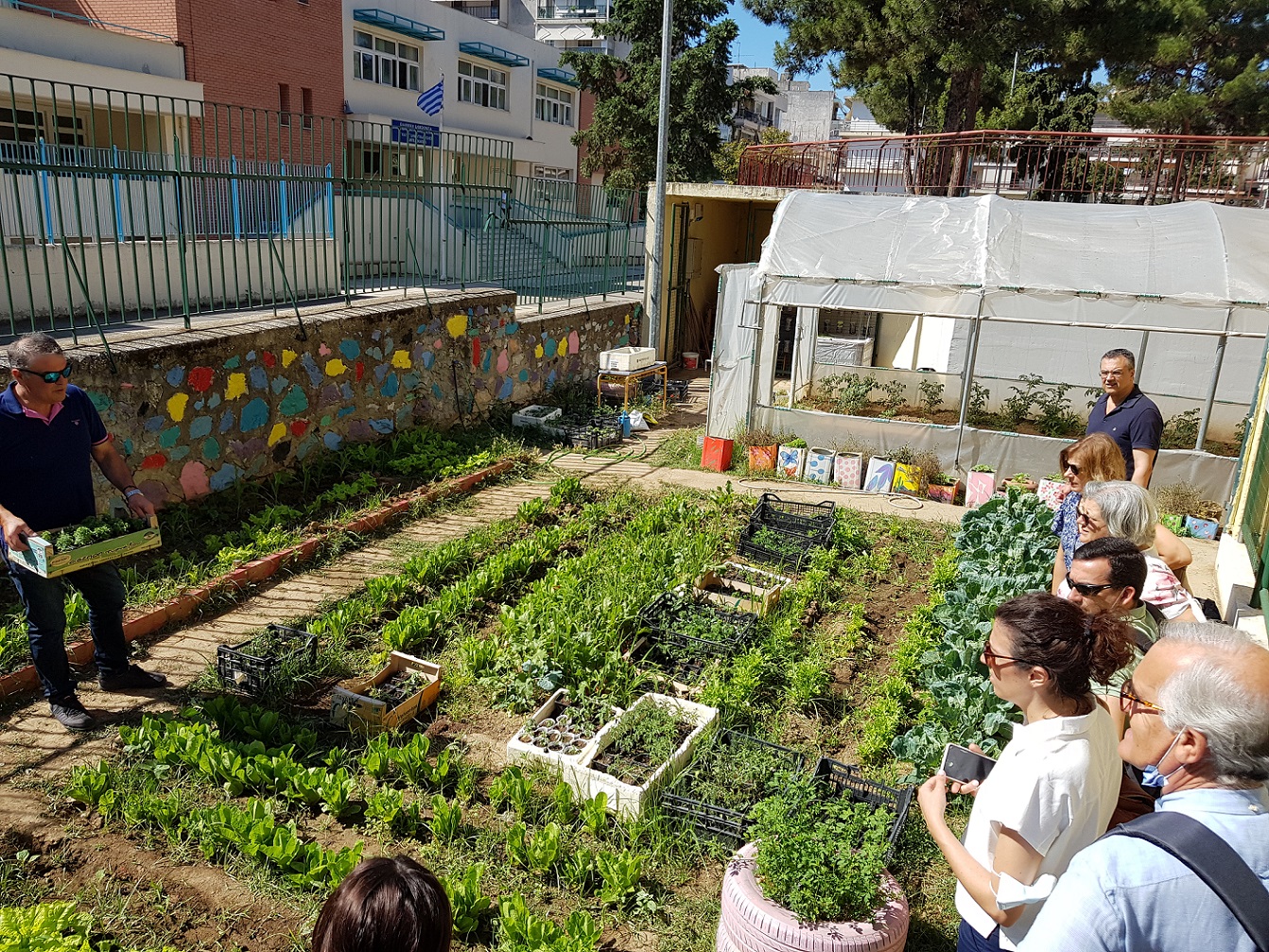
CityZen partners visited local good practices on 30-31 May 2022